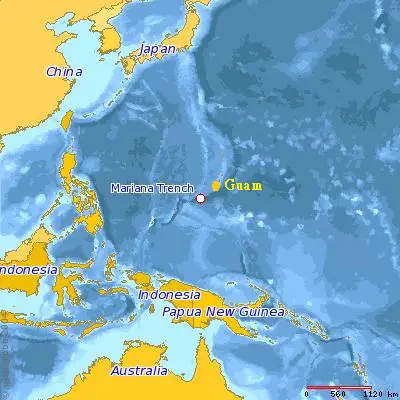Flag, coastal and port States uses Fisheries-related conventions as key tools to effectively monitor and control fishing vessels and minimise the risk of illegal, unreported and unregulated (IUU) fishing activities, by enhancing transparency, traceability and governance.
In a national workshop in Shanghai, China organized between 29-30 July by the Shanghai Ocean University and the Bureau of Fisheries of the Ministry of Agriculture and Rural Affairs of the People’s Republic of China, with input from IMO, the UN Food and Agriculture Organization (FAO), The Pew Charitable Trusts and the IMO Number Scheme manager (IHS Markit) this remained the main focus.
China’s potential ratification and implementation of fisheries-related conventions, including IMO’s 2012 Cape Town Agreement (CTA), aimed at improving safety standards on fishing vessels, and the 1995 Standards on Training, Certification and Watchkeeping for Fishing Vessel Personnel (STCW-F) were the topics discussed by the participants.
They also discussed the implementation of the FAO 2009 Agreement on Port State Measures to Prevent, Deter and Eliminate Illegal, Unreported and Unregulated (IUU) Fishing (PSMA).
The People’s Republic of China is yet to become a Party to the IMO fishing vessel safety and training treaties. However, China reported that considerable research has begun into ratification implications. With thousands of seagoing fishing vessels of 24 metres and above, China’s accession to the Cape Town Agreement would have considerable global impact. Mr. Han Xu, Deputy Director-General of the Bureau of Fisheries, said that the Chinese Government focuses on the safety of fishers and said, “There are difficulties in implementing these conventions due to the scale of our fleet, however we have a saying in China – there are more solutions than problems.”
IMO’s Brice Martin-Castex, said, “We are delighted to be here in Shanghai discussing these issues and hope that this workshop will pave the way for continued cooperation. The conventions and measures we are talking about work together, however the Cape Town Agreement is not yet in force. China can greatly contribute to its entry into force, as a founding State, which is an opportunity not to be missed.”
Several positive outcomes were concluded from the workshop. China pledged to attend the Ministerial Conference on Fishing Vessel Safety and Illegal, Unreported and Unregulated (IUU) Fishing, organized by IMO and the Government of Spain, Torremolinos, Málaga, Spain (21-23 October 2019) and to provide the conference with information on measures to be taken for the entry into force of the Cape Town Agreement.
The IMO Number Scheme manager’s proposal was also welcomed by China to allow for phased allocation of the IMO Ship Identification numbers to Chinese fishing vessels of 12 metres in length and above. This will also be used for populating the FAO’s Global Record of Fishing Vessels, Refrigerated Transport Vessels and Supply Vessels. Currently the IMO Ship Identification Number Scheme is voluntary for fishing vessels.
To date, 11 States with a total of 1,413 vessels have ratified the Cape Town Agreement. The treaty will enter into force 12 months after at least 22 States, with an aggregate 3,600 fishing vessels of 24 m in length and over operating on the high seas have expressed their consent to be bound by it.
The Ministerial Conference on Fishing Vessel Safety and IUU Fishing (21-23 October) will be followed by the Joint FAO/ILO/IMO Working Group on IUU Fishing (23-25 October).
45 participants attended the workshop including the Bureau of Fisheries, Ministry of Agriculture and Rural Affairs; Ministry of Transport; Shanghai Ocean University; Dalian Maritime University; China Overseas Fisheries Association; China Classification Society; all China’s coastal provincial port authorities; IMO; FAO; The Pew Charitable Trusts and the IMO Number Scheme manager (IHS Markit).
Reference: imo.org
from WordPress https://www.maritimemanual.com/imo-says-china-fishing-vessel-safety-workshop-focuses-on-treaty-ratification/

No comments:
Post a Comment